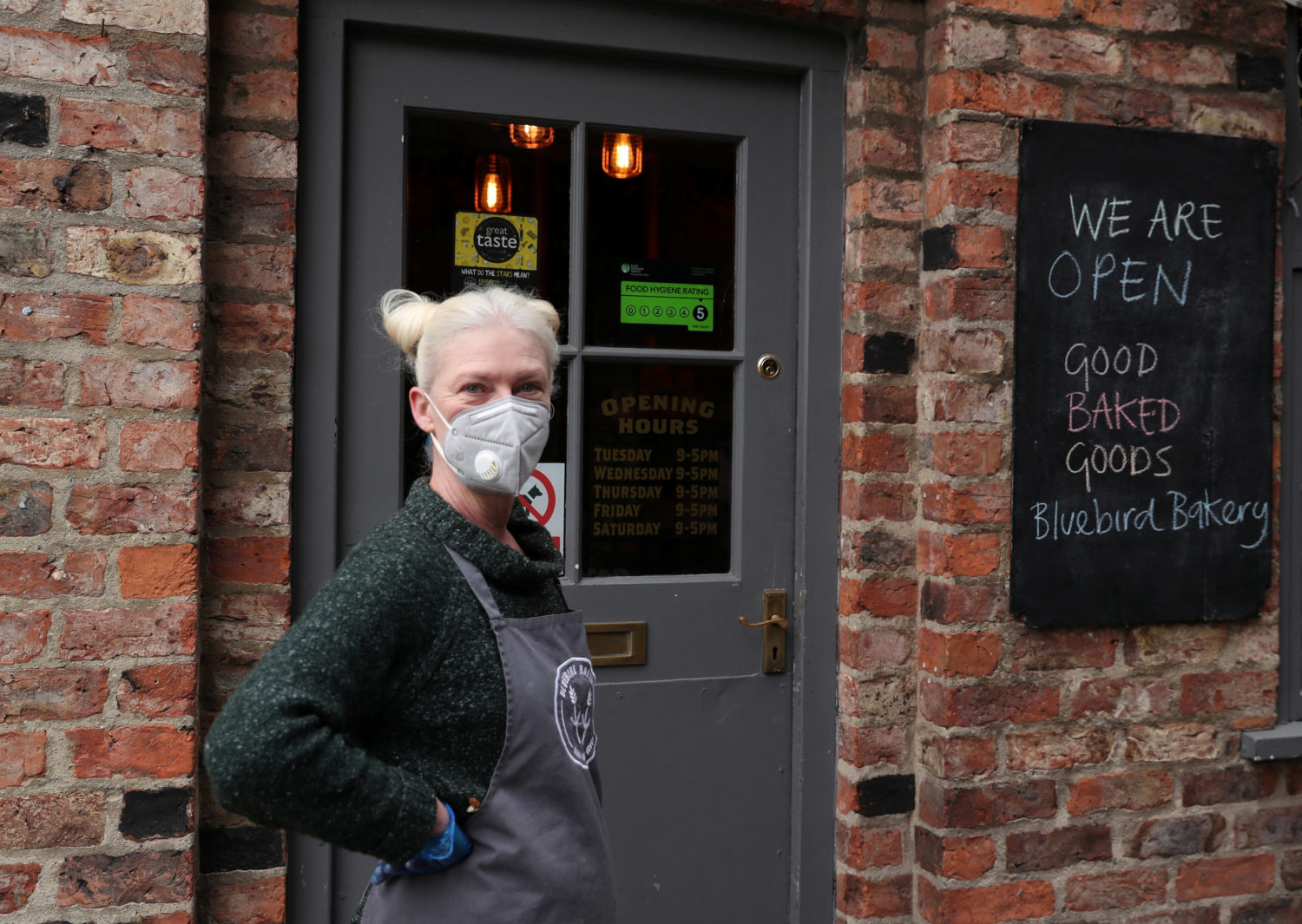
By Guy Faulconbridge and Kate Holton
LONDON (Reuters) – Some children in the United Kingdom with no underlying health conditions have died from a rare inflammatory syndrome which researchers believe to be linked to COVID-19, Health Secretary Matt Hancock said on Tuesday.
Italian and British medical experts are investigating a possible link between the coronavirus pandemic and clusters of severe inflammatory disease among infants who are arriving in hospital with high fevers and swollen arteries.
Doctors in northern Italy, one of the world’s hardest-hit areas during the pandemic, have reported extraordinarily large numbers of children under age 9 with severe cases of what appears to be Kawasaki disease, more common in parts of Asia.
“There are some children who have died who didn’t have underlying health conditions,” Hancock told LBC Radio.
“It’s a new disease that we think may be caused by coronavirus and the COVID-19 virus, we’re not 100% sure because some of the people who got it hadn’t tested positive, so we’re doing a lot of research now but it is something that we’re worried about.”
Children were until now thought to be much less susceptible than their parents or grandparents to the most deadly complications wrought by the novel coronavirus, though the mysterious inflammatory disease noticed in Britain, Spain and Italy may demand a reassessment.
“It is rare, although it is very significant for those children who do get it, the number of cases is small,” Hancock, one of the ministers leading Britain’s COVID-19 response, said.
He did not give an exact figure for the number of deaths.
Kawasaki disease, whose cause is unknown, is associated with fever, skin rashes, swelling of glands, and in severe cases, inflammation of arteries of the heart.
Britain’s National Health Service says the syndrome only affects about eight in every 100,000 children every year, with most aged under 5.
There is some evidence that individuals can inherit a predisposition to the disease, but the pattern is not clear.
Children either testing positive for COVID-19 or for its antibodies have presented gastrointestinal symptoms such as abdominal pain, vomiting and diarrhea in the last two weeks, the Spanish Pediatric Association said on Monday.
Though the children were otherwise in good health, their condition could evolve within hours into shock, featuring tachycardia and hypotension even without fever.
Most cases were detected in school-age or teenage minors, and sometimes overlapped with Kawasaki disease or toxic shock syndrome (TSS).
Parents should be vigilant, junior British interior minister Victoria Atkins said.
“It demonstrates just how fast moving this virus is and how unprecedented it is in its effect,” Atkins told Sky News.
Professor Anne Marie Rafferty, the president of the Royal College of Nursing, said she had heard reports about the similarity between cases in infants and Kawasaki syndrome.
“Actually there’s far too little known about it and the numbers actually at the moment are really too small,” told Sky News. “But it is an alert, and it’s something that’s actually being explored and examined by a number of different researchers.”
(Reporting by Guy Faulconbridge and Kate Holton in London and Clara-Læïla Laudette in Madrid; editing by Michael Holden and Angus MacSwan)











